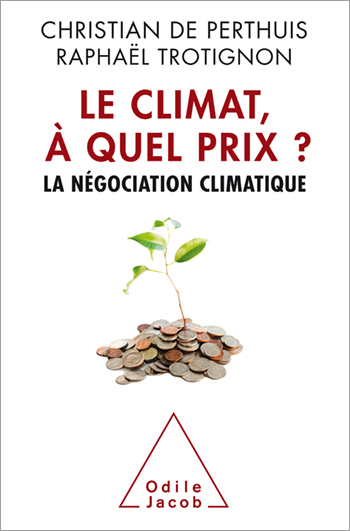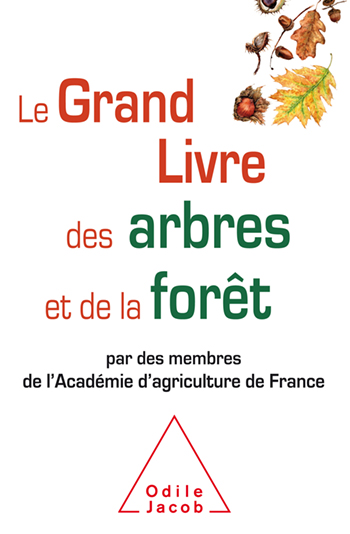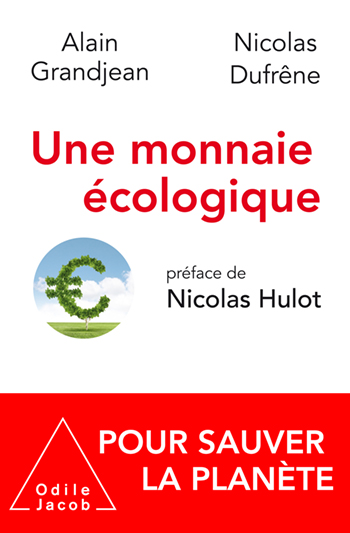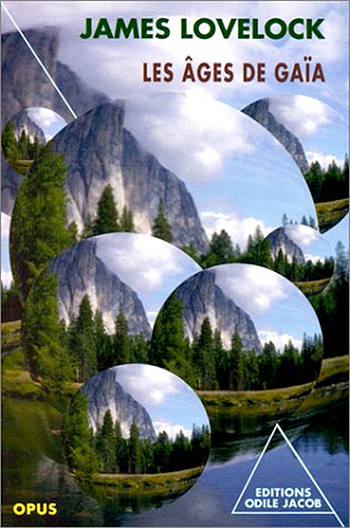Environment, Sustainable Development All books

Christian de Perthuis, Raphaël Trotignon
Climat, how much ? Climate Negotiations
Global warming: understanding, anticipating, taking action

Académie d'agriculture de France
The Big Book of Trees and Forests Draw a forest for me
In the same vein as the Grand livre de notre alimentation [The Big Book of Food], this book responds to all our questions on forests.

Alain Grandjean, Nicolas Dufrêne
An Ecological Currency to Save the Planet
The economy is being shaped to adapt to the ecological crisis; what is the scope for action? An original solution to save the planet: the ex nihilo creation of a “green currency.”

James Lovelock
The Ages of Gaia A Biography of Our Living Earth
The fascinating, controversial and most-worshipped hypothesis of ecologists - that of considering the Earth as the biggest living organism, referred to as Gaïa. It is here discussed by its inventor in person, who shows us that if our planet hasn't always had the same face, it's because there have been several ages corresponding to the predominance of very different species. In three centuries, humanity has wrought more modifications to the face of Gaïa than natural evolution did in millions of years. Although he does not doubt that the Earth, today turned completely upside-down by industrial activities, will find a new equilibrium, he does suppose that it could at the price of the disappearance of man, whose reign represents only one of the ages of Gaïa. Born in 1919, James Lovelock is the author of The Gaïa Hypothesis, a book which shook up the scientific world in the beginning of the seventies and met with great public acclaim.
